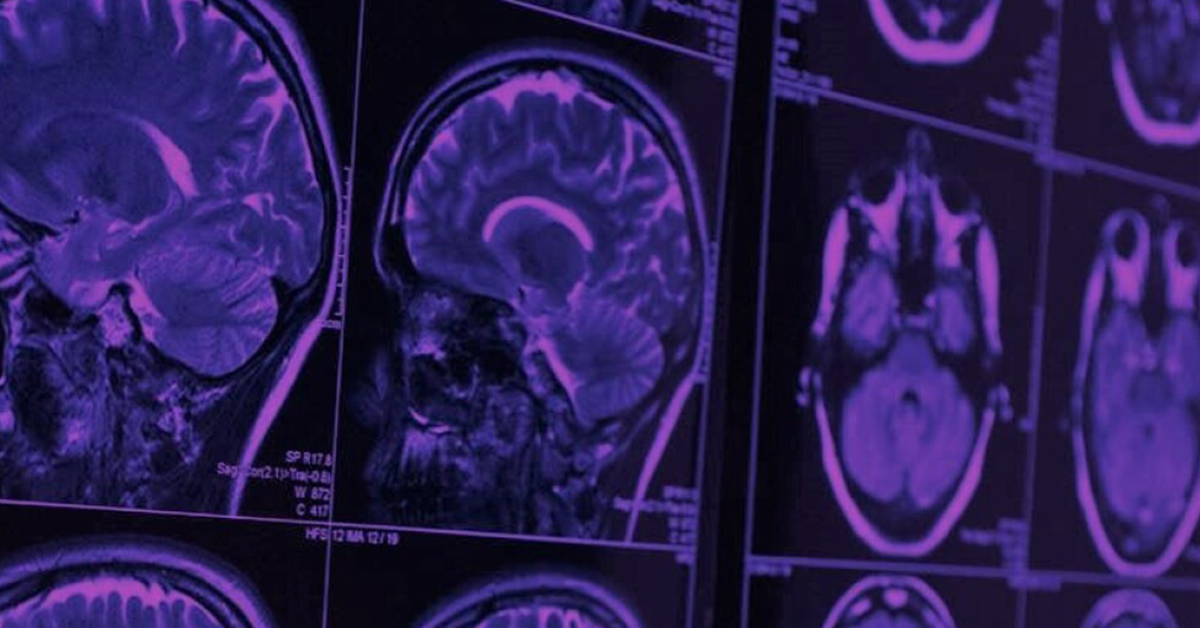This is National Epilepsy Awareness Month. In observance, we dedicate this blog to providing a little education on the disorder. Epilepsy is a chronic brain disease characterized by recurring, unprovoked seizures, which are sudden, unexpected alterations in consciousness and behavior. Epilepsy seizures are caused by sudden surges of abnormal electrical activity within the brain initiated by damaged brain cells.
According to the Epilepsy Foundation, epilepsy is the fourth most common neurological disorder, after migraine, stroke and Alzheimer’s disease. In the United States, it’s estimated that 1.2 percent of the population has active epilepsy. That works out to 3.4 million Americans. Worldwide, about 65 million people have the disorder. Epilepsy can develop at any age, but diagnosis most often occurs in early childhood or after age 60.
Seizures are usually classified into two groups: focal and generalized. Focal, or partial, seizures start in a A localized area on one side of your brain. Generalized seizures affect a wide area on both sides of your brain at the same time. There are multiple subtypes of focal and generalized seizures.
Recurring seizures is the main symptom of epilepsy. Seizure symptoms vary by subtype, but some general signs and symptoms include a temporary loss of consciousness; uncontrolled muscle movements (spasms); blank stare; alterations to the sense of taste, smell, sight, hearing or touch; dizziness; changes in breathing; and performance of repetitive movements, such as lip-smacking, chewing and hand-rubbing.
Some people with epilepsy have identified certain factors or situations that trigger their seizures. Some common triggers include lack of sleep, illness or fever, stress, bright or flashing lights, caffeine, alcohol or alcohol withdrawal, recreational drug use, skipping meals or overeating, hormonal changes, dehydration and use of certain medications, such as diphenhydramine, a common ingredient in over-the-counter cold, allergy and sleep remedies.
To help you uncover your triggers, try keeping a seizure journal. Record the date and time, everything you were doing, everything that was going on around you and what you were feeling before your seizure began. Share your journal with your doctor.
Epilepsy has many causes, including genetics. Certain types are more likely to run in families. Other potential causes include head injuries, brain infections, stroke, brain tumors, dementia, lack of oxygen to the brain, drug use during pregnancy, lack of oxygen at birth and blood vessel abnormalities in the brain. In up to 70 percent of cases, the cause is unknown.
Epilepsy is typically diagnosed after an individual has experienced at least two seizures that cannot be attributed to a known medical condition. Besides epilepsy, other conditions that can cause seizures include a brain infection or injury, high fever, drug abuse, electric shock and hypoglycemia (low blood sugar).
To help make the diagnosis, your doctor will perform a physical exam and ask about your seizure symptoms. The doctor will likely order blood tests to rule out other disorders as the source of your seizures. Your doctor may recommend an electroencephalogram (EEG), which measures the electrical activity in your brain, and an MRI or CT scan of your brain, which can reveal tumors and blood vessel abnormalities.
There are several treatment options for epilepsy. The goal of treatment is to reduce the number of seizures or stop them completely. Initial options include anti-epileptic medications and dietary therapy. If your epilepsy is resistant to those approaches, surgery to remove or disconnect the part of your brain causing the seizures may be recommended.
Between 70 and 80 percent of people with epilepsy can successfully control their seizures through medication or surgical techniques.
Another method for treating epilepsy seizures is deep brain stimulation. This involves surgically implanting electrodes into the specific areas of your brain where the seizures originate. These areas are identified through special neurological testing called brain mapping. A generator is also implanted into your chest. The generator sends electrical impulses to the electrodes in your brain to help reduce seizures.
Most seizures don’t require emergency medical attention. However, have someone call 911 if your seizure lasts for more than five minutes or if you have a series of seizures in a row without a recovery period in between.





Leave a Reply